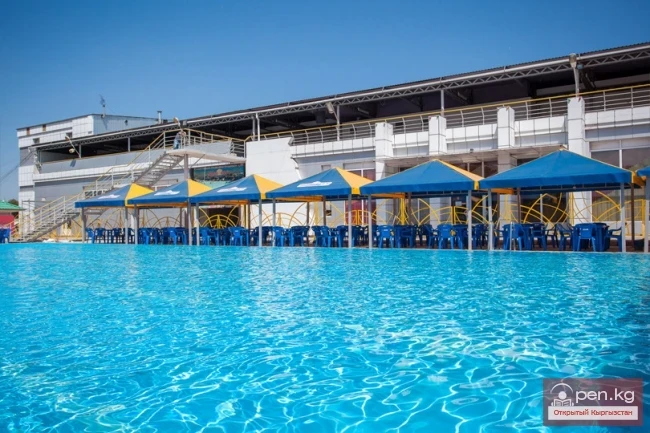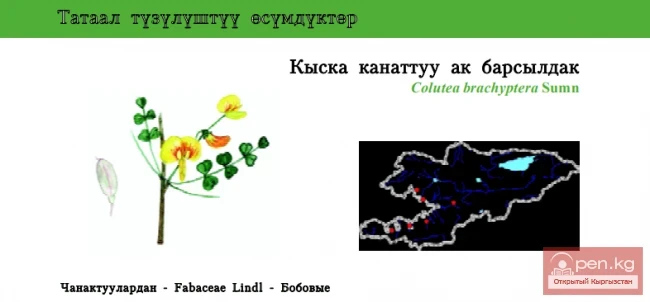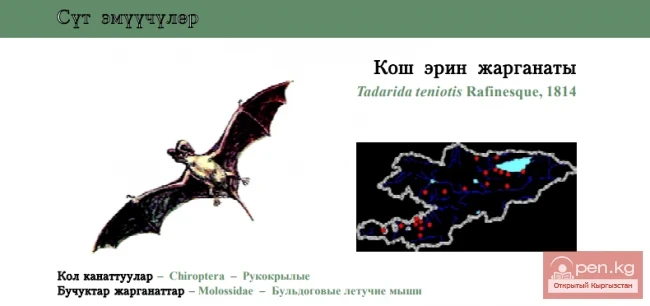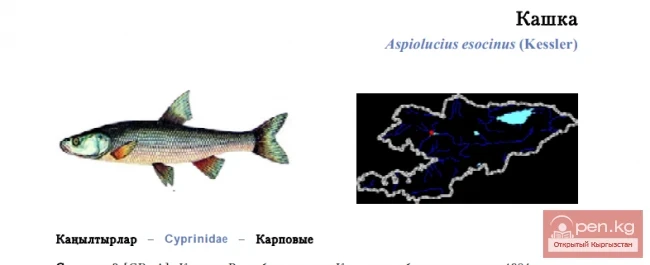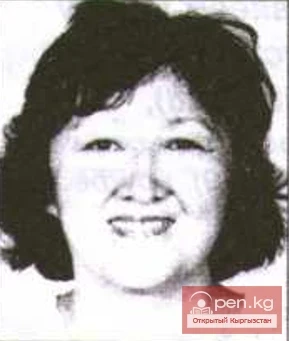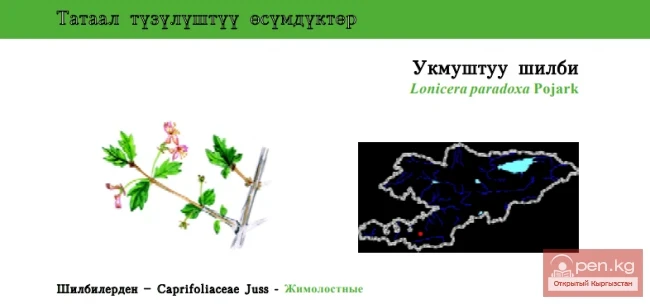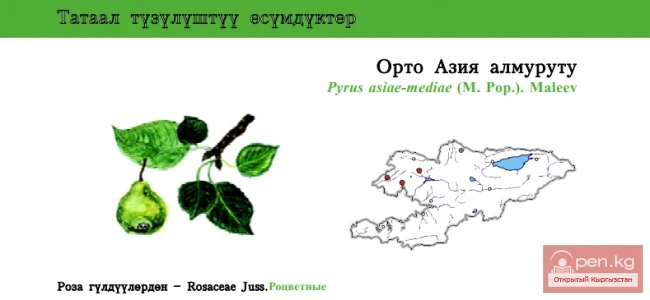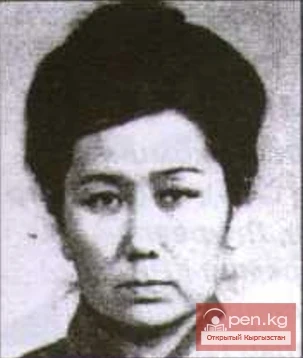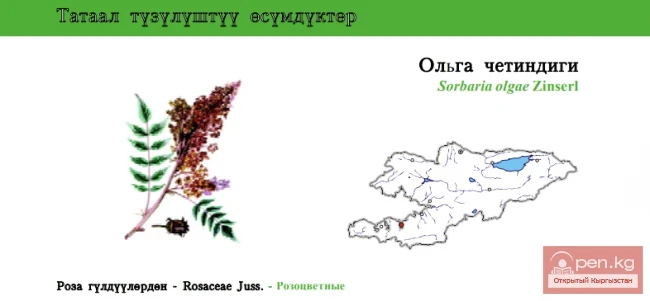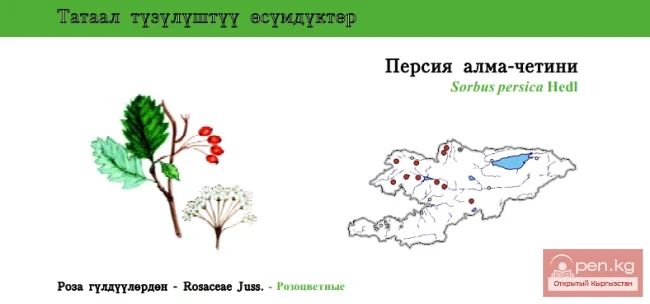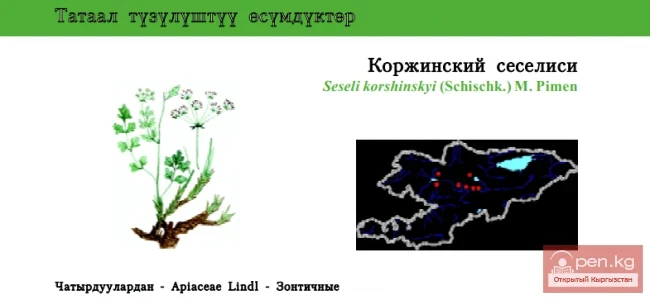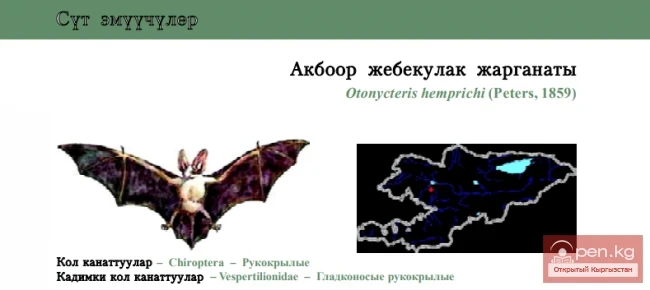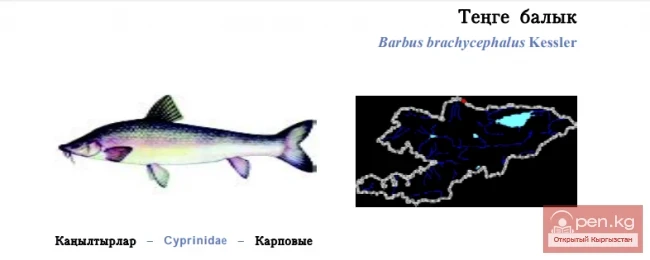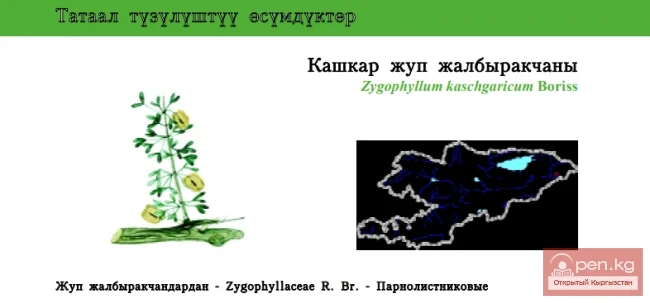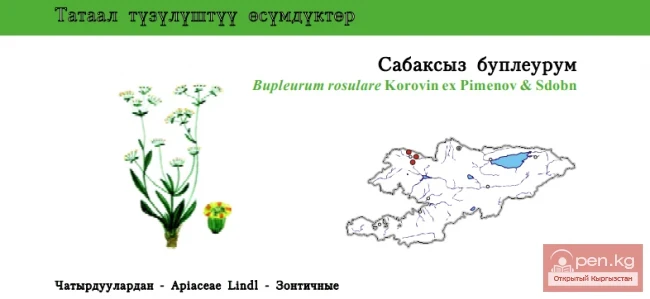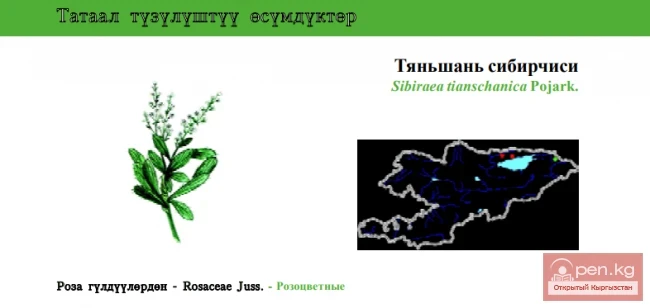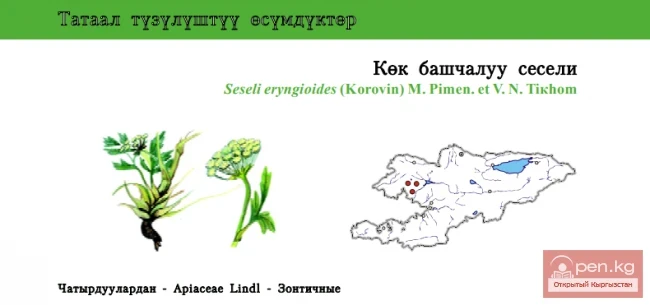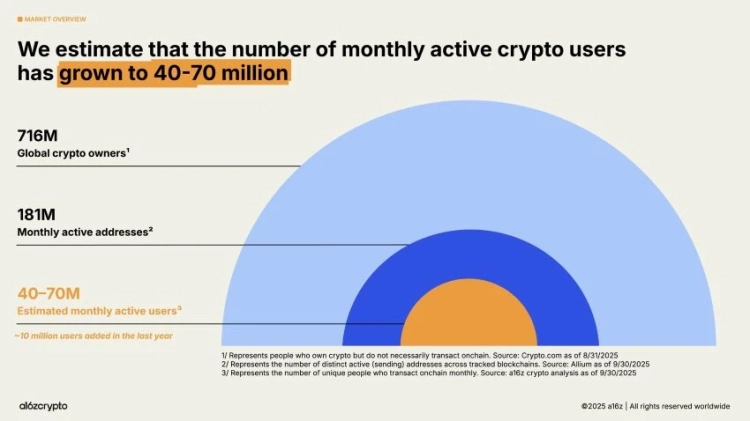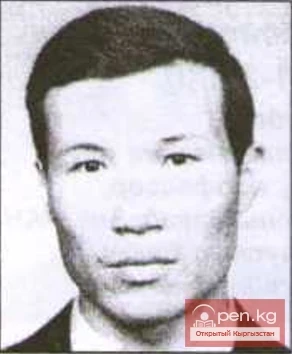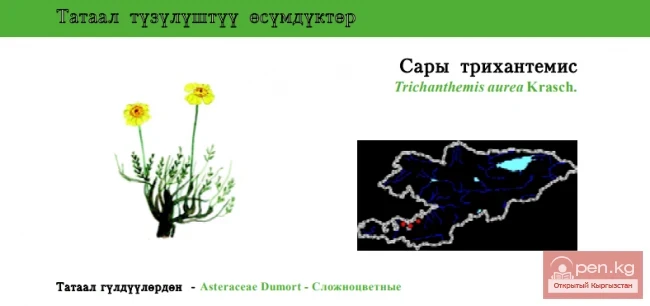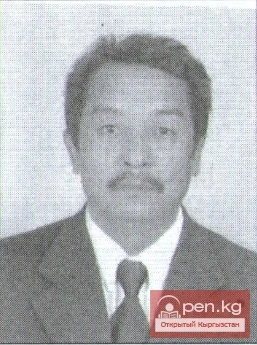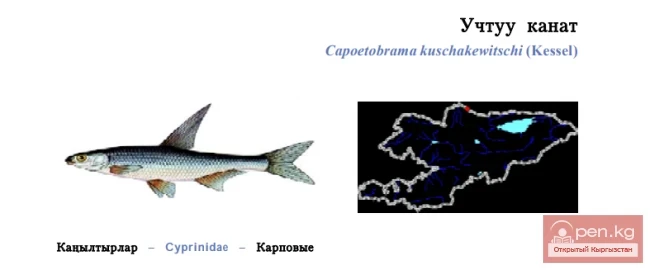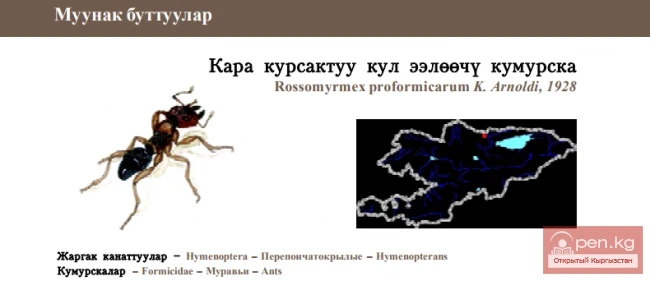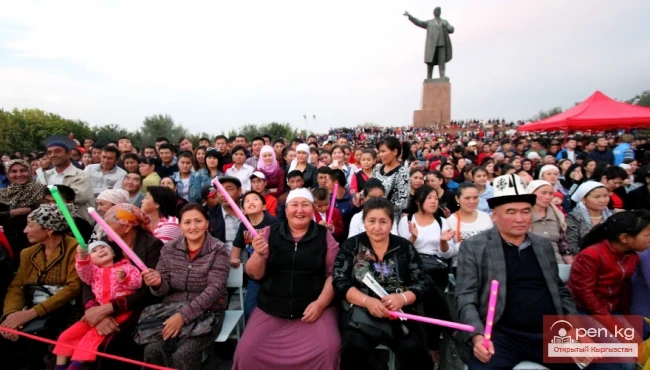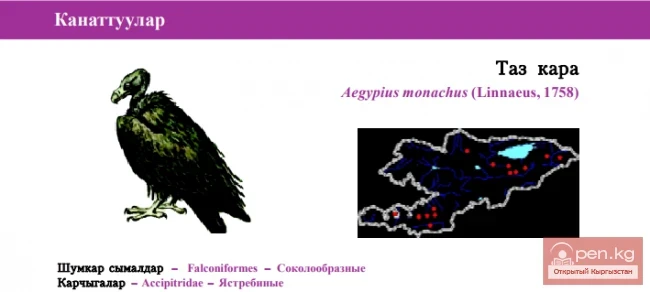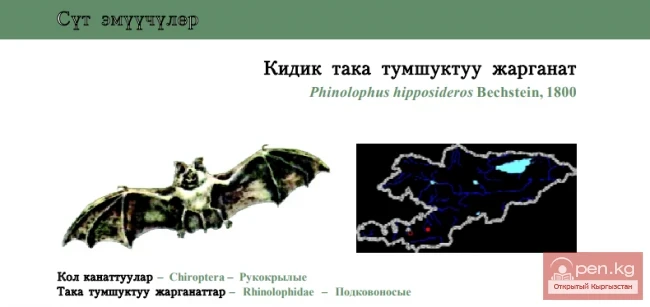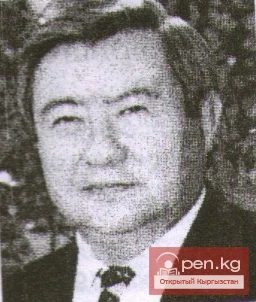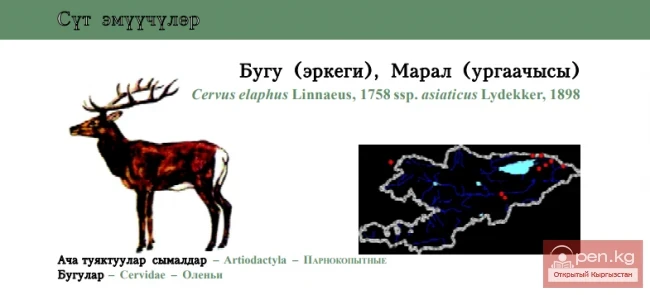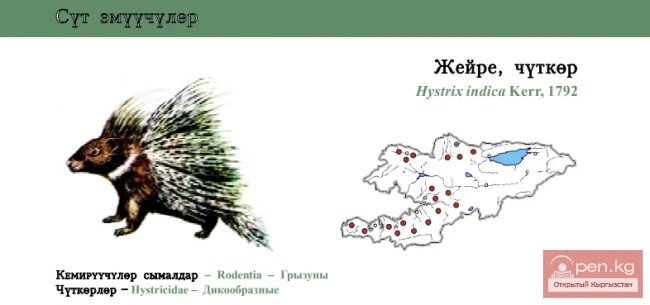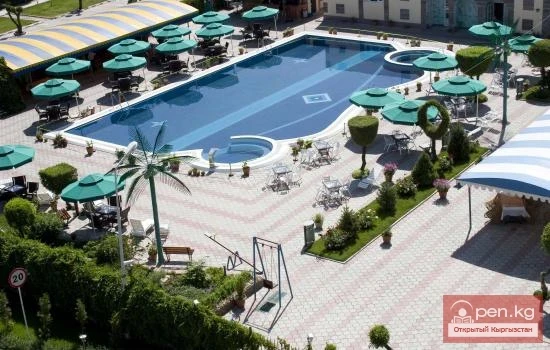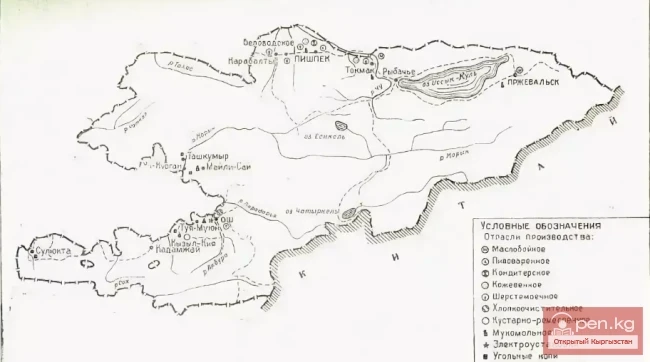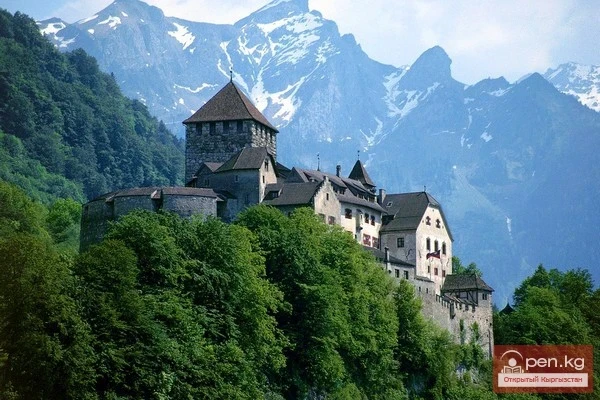
LIECHTENSTEIN. Principality of Liechtenstein
A state in Central Europe, located between Switzerland and Austria. Area - 160 km². Capital - Vaduz (5 thousand). Administratively, it consists of two historically formed parts: Oberland (Upper Liechtenstein) with its center in the city of Vaduz and Unterland (Lower Liechtenstein) with its center in the city of Schaan. It is divided into 11 municipalities. Population - 33 thousand (2004); of which 64% are Liechtensteiners, 36% are foreigners, mainly Swiss (16%) and Austrians (8%). The official language is German. Religion: the majority of believers are Catholics (87% of the population).
The currency is the Swiss franc = 100 centimes.
Diplomatic relations with the Russian Federation were established on January 31, 1994.
National holiday - August 15 (the birthday of Franz Joseph II - the late father of the current ruling prince).
Liechtenstein is a constitutional monarchy. The country's constitution has been in effect since 1921. The head of state is Prince Hans Adam II (ascended to the throne on November 13, 1989; effectively governing the country since 1984). In August 2004, Hans Adam II transferred his powers to govern the state to his son Alois, declaring him the hereditary prince. The prince exercises governance, has the right to convene and dissolve the parliament, endorses legislative acts adopted by the Landtag (parliament), represents Liechtenstein in relations with other states, appoints civil servants, and has the right of pardon. The legislative body (Landtag) consists of 25 deputies, elected by direct secret ballot under a proportional representation system (15 deputies from Oberland and 10 from Unterland) for a term of 4 years (elected in March 2005). With the consent of the parliament, the prince appoints the government. The head of government is O. Haser (Ill' ll).
Political parties: Patriotic Union (PU) - a liberal-bourgeois party, founded in 1936 (10 mandates in the Landtag), Progressive Citizens' Party (PCP) - right-wing (12 mandates), Free List (FL) - an ecological party (3 mandates), Christian Social Party (CSP) - left-bourgeois (not represented in parliament).
Trade union association - Union of Workers.
The history of the country begins with the emergence of the feudal possession of Schaan (12th century) and the county of Vaduz (14th century) on the territory of present-day Liechtenstein, which became part of the Holy Roman Empire and later became a protectorate of the Habsburg Empire. In 1699, Schaan and in 1712 Vaduz were sold to one of the courtiers of the Austrian emperor, Prince Liechtenstein. The date of the formation of the state is considered to be August 15, 1719, when these possessions received the status of a principality. From 1815 to 1866 - part of the German Confederation.
According to the customs union treaty concluded in 1923, Liechtenstein is an internal economic zone of Switzerland. Switzerland represents Liechtenstein's diplomatic and consular interests in relations with the overwhelming majority of states.
Liechtenstein is an industrial-agrarian state. The economy is closely linked with foreign, mainly Swiss, capital and is primarily export-oriented (EU countries - 41%, Switzerland - 15% of exports). Over 75% of imports come from Switzerland. GDP per capita is 128 thousand (2004) Swiss francs.
Rapidly developing advanced industries include metalworking, instrumentation, vacuum technology, electronic systems, and microprocessors. Traditionally, the textile, ceramics, and pharmaceutical industries are well-developed. In terms of industrial production density per km², the principality ranks first in Europe. 45.2% of the working-age population is employed in industry, while 45% are in the service sector. More than 6 thousand people commute daily to work in Liechtenstein from Switzerland and Austria.
Only 2% of workers are employed in agriculture. The main sector is animal husbandry (75% of agricultural production).
Due to the low tax on capital and the absence of a profit tax, Liechtenstein has become a preferred location for the registration of over 40 thousand foreign companies, taxes from which account for a third of the country's budget revenues. 10% of the budget comes from the issuance of postage stamps. Foreign tourism is also an important source of income.
The principality has no army, higher educational institutions, or a national radio and television agency.
Several newspapers are published, among which the most popular are "Liechtensteiner Volksblatt" (8 thousand copies) and "Liechtensteiner Vaterland" (8.5 thousand).
